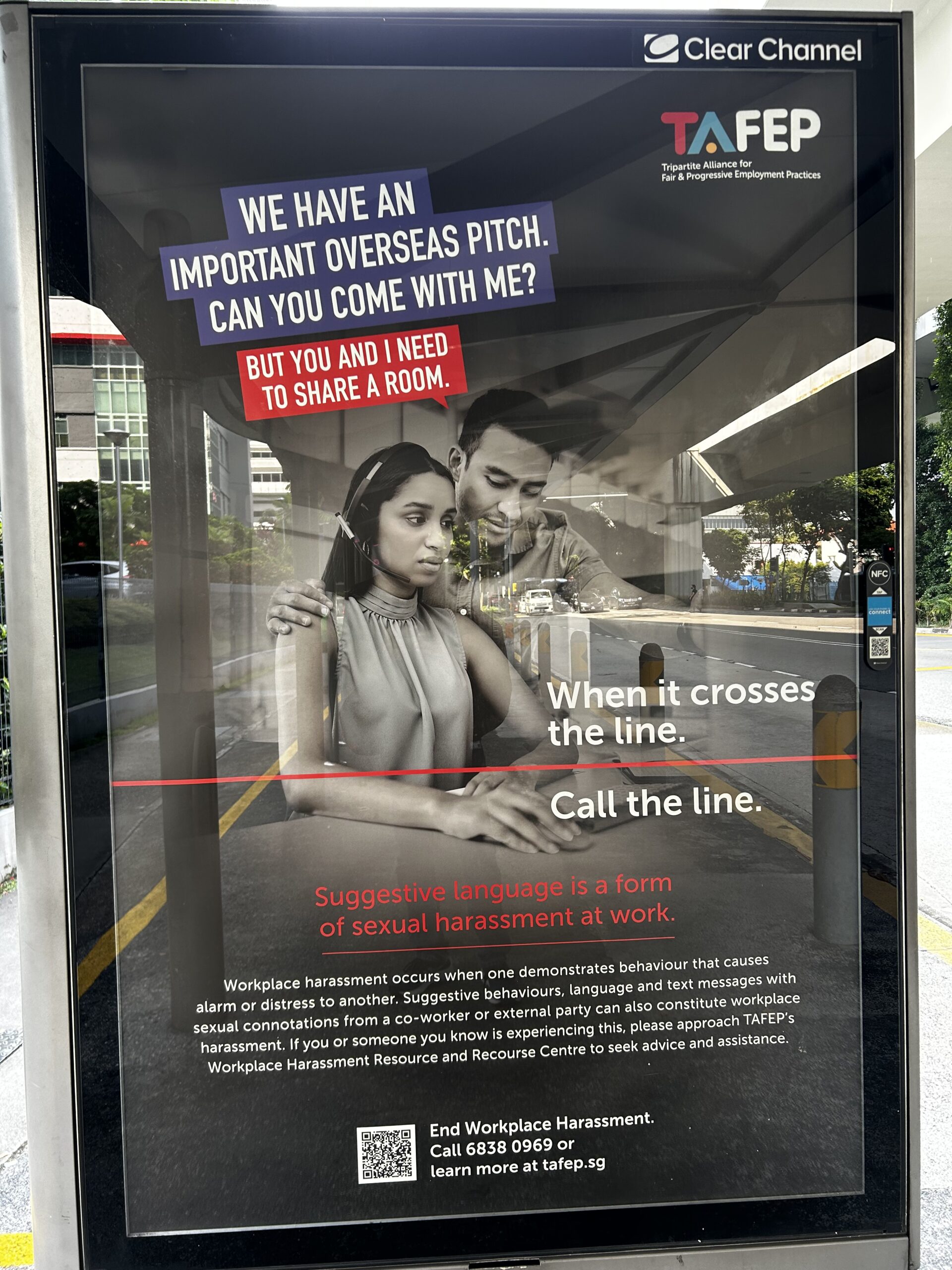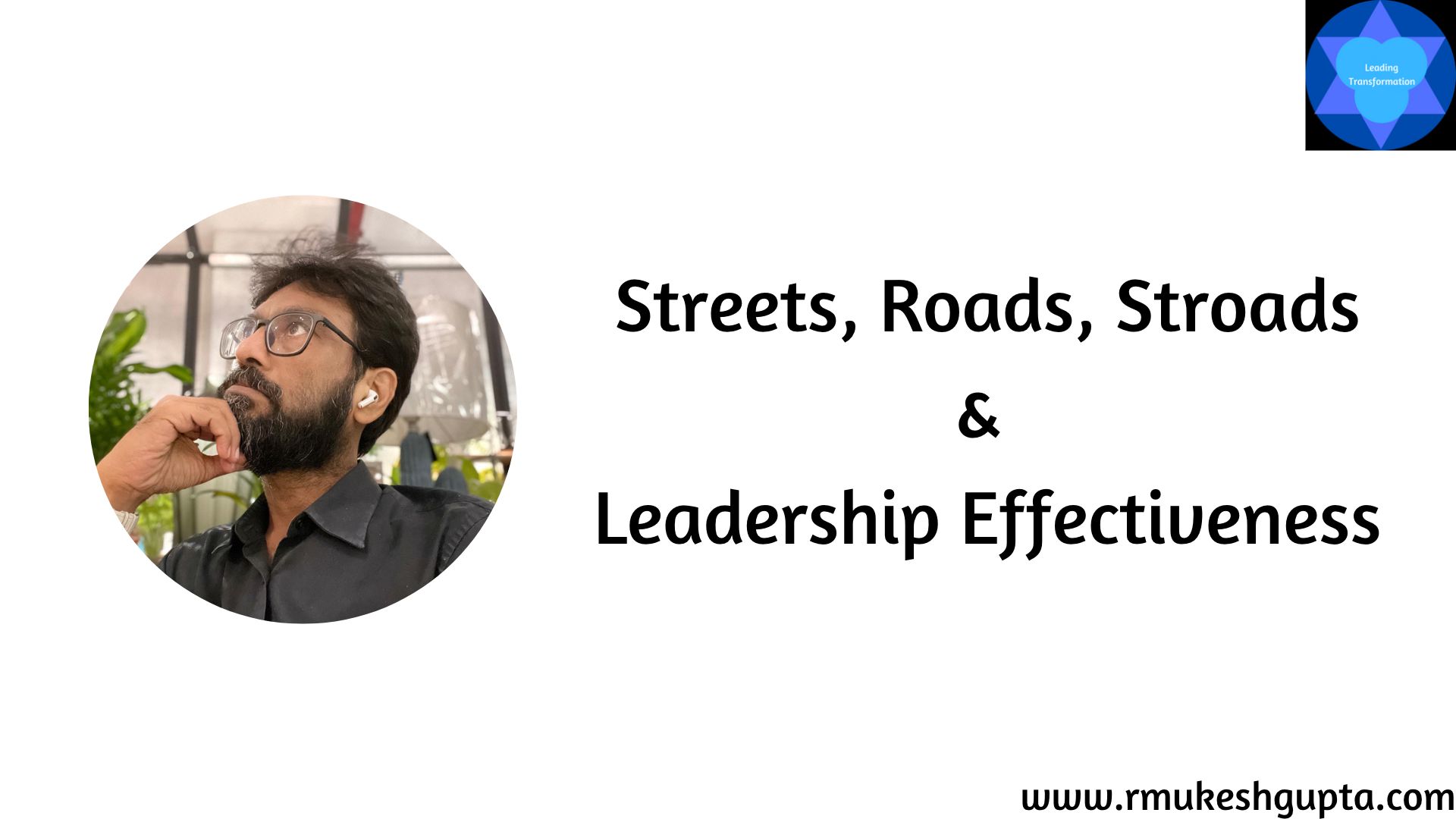 This post is for everyone of us who is responsible for creating experiences for our customers.
This post is for everyone of us who is responsible for creating experiences for our customers.
I visited the Paper Museum in Basel yesterday and was blown away by the experience.
We have all visited museums.. These visits are all about soaking in the information, try to appreciate the art, read about the exhibits, click a few pictures and go back home.
This experience was different.
The museum was spread over 4 floors. Each floor was clearly divided into categories like paper production, type, print, etc.
Each floor also had the possibility for a visitor to participate in the experience by creating something new. For example, I made a sheet of paper, used a quill pen and a dip pen to write a letter to my family, got the letter sealed in a cover using wax.
I set type on a printing machine and printed the type to understand first hand how type was set, how difficult it was for someone to set it and now the entire experience is etched in my memory.
I also wrote a letter to my son using a Remington type writer.
I made art using oil paints dropped on water using an age old process.
So, what did I learn from this experience of being engaged in the museum that I can apply in my work:
Break mental models:
Research shows us that our brains doesn’t process all the inputs it gets, as that would create sensory overload and too much cognitive power. What it does is process patterns. For example, if you are in a strange place and all of a sudden all lights go off, you get more alert. However, if you are sitting in a cinema hall and all of a sudden all lights go off, you get more relaxed. These are mental models that we have created that helps us navigate the world without sensory overload.
What the museum did was to break the mental model of what it looks and feels like to go to a museum – being passive content consumer! We don’t go to a museum expecting to make stuff and engage with other visitors.
In order to get your customers to sit up and take notice of you, your products and services, you need to get into their awareness and breaking their mental models gives you their complete attention.
In order to be able to do this, you need to exactly know their mental models and what they expect from you, your product/service, what is the story that they are telling themselves when they get in contact with you.
Engage contextually:
Once you have their attention and awareness, what you do with that matters significantly. You need to engage with them, contextually. For example, I was visiting a paper museum, which meant that i was interested in knowing more about paper and its history.
What better way of learning about paper to actually make paper? what better way of learning about the earliest writing instruments but by actually using one? what better way of learning about the earliest type-writers than by experiencing one? See where this goes. This is extremely contextual.
In order for this to happen, we need to know exactly what is the context in which the customer has come into contact with you? What were they trying to achieve? What were their expectations from their contact with you?
Once you know these, then we/our product/service needs to be able to engage with the customer in such a way that enhances the experience that the customer goes through while at the same time helping them achieve what their original intent was.
Its the small things that matter:
I was prodded by an employee of the museum to write a letter to my wife/son as I was alone in the museum. That small little act of making me think of my family when I was alone made this entire experience a lot more personal for me, which also made it more memorable.
These small things that doesn’t cost anything are what really matter and are the most difficult to get right, as it requires that you have done a lot of other things well – you have engaged & thoughtful employees – which means that you have recruited & trained them well, created a culture which appreciates these small thoughtful gestures and have created an environment where such small things are routinely made possible.
Its the small things that matter the most.
And yes, I highly recommend that you visit the Paper Museum in Basel if you happen to be there.
PS: You may also want to listen to Seth Godin talk about being remarkable in the below video as well.



